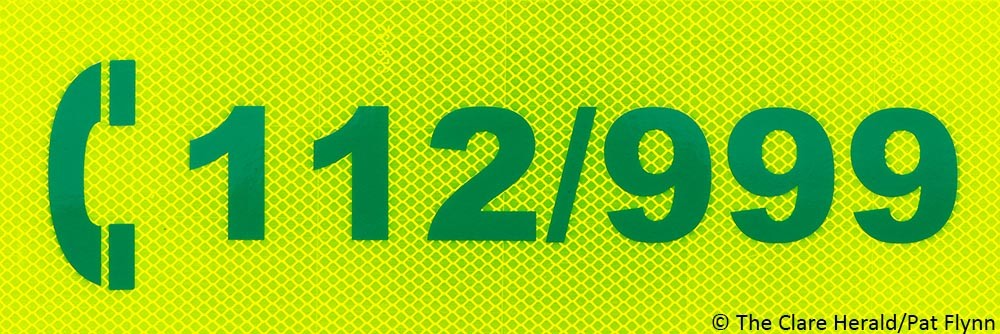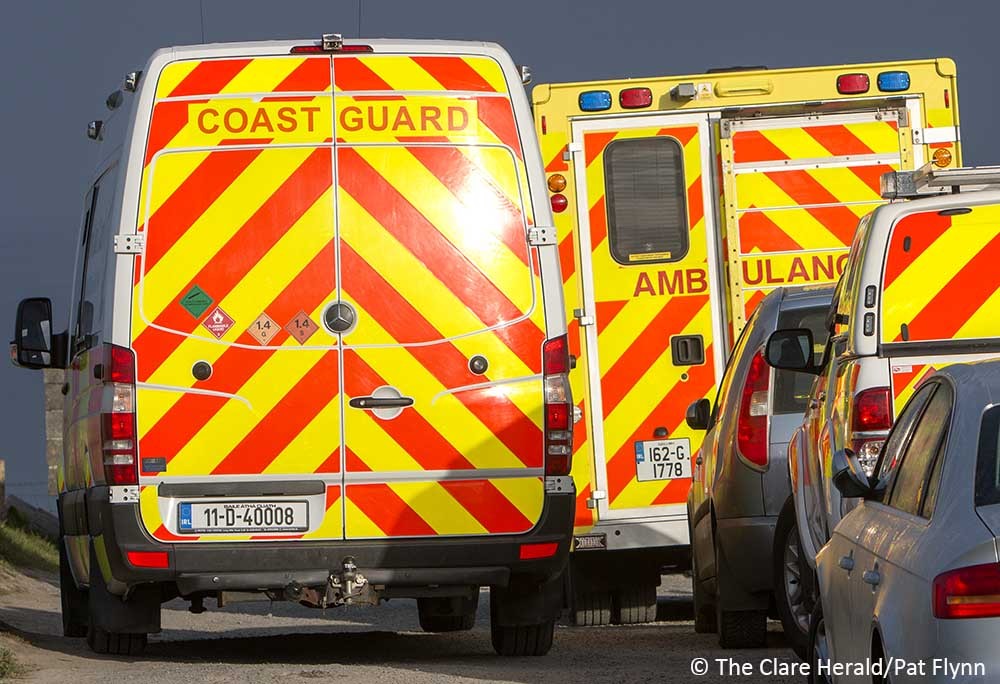
There was a significant increase in the number of calls handled by Ireland’s 999/112 emergency call centres last year with almost two thirds not being patched through to frontline services because they were ‘filtered’ by operators.
The Emergency Call Answering Service (ECAS) operates from two centres at Ballyshannon, Co. Donegal and Navan, Co. Meath. The service has been run on a 24-hour/year-round basis by BT Ireland on behalf of the government after the company was first awarded the contract in 2009. The service was previously operated by Eircom.
In 2019, the ECAS handled 2.32m calls, 15.6% up on the previous year. There was also an increase in the number of calls ‘filtered’ by highly trained ECAS operators. As a result, 60.2%, or around 1,396,640, of all 999/112 calls were not passed on to one of the four frontline blue-light services.
A filtered call is one that is not connected to an emergency service. The most common reason for a call being filtered is because there was no request for an emergency service. Such calls may have been ‘silent’ or made by children playing or because someone accidentally ‘pocket dialled’ 999 or 112.

461,680 calls (19.9%) were directed to An Garda Síochána; 392,080 (16.9%) were patched through to the National Ambulance Service while 64,960 (2.8%) of 999/112 calls were forwarded to the fire brigade.
4,640, or 0.2% of all emergency calls, were passed onto Ireland’s fourth blue-light emergency service, the Irish Coast Guard.
A spokesperson for BT Ireland said: “Whilst difficult to determine exactly what caused the increase in calls, it is likely connected to economic growth of c.5% year on year, which drives more activity which thus increases the number of 999 calls. The Irish ECAS continues to have one of the fastest response times in Europe.”
In 2019, under a new seven year contract with the Department of Communications, Climate Action and Environment, a multi-million euro investment was made in the 999/112 service. This involved implementing the newest and most advanced technology to continue to provide the highest quality performance levels possible.
The BT Ireland spokesperson added: “Recent enhancements to communications, which has greatly helped to support more accurate call locations, allowing the emergency to respond more quickly.”
Calls and texts to 112/999 are free of charge to the caller. The ECAS is funded through a Call Handling Fee charged to telecommunications service providers whenever a call is made to the ECAS.

